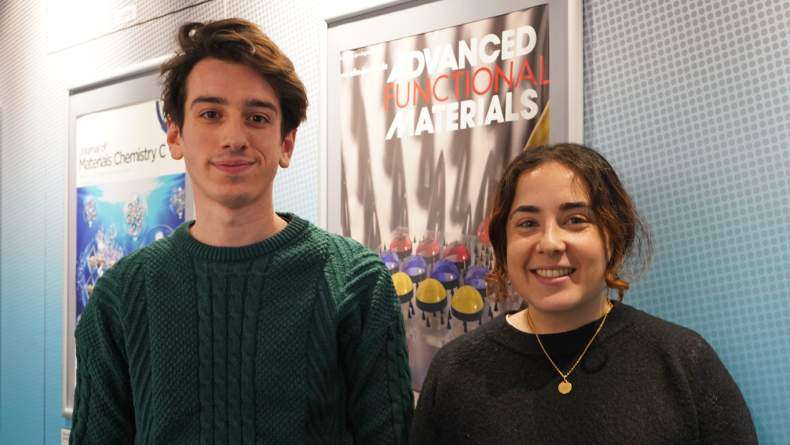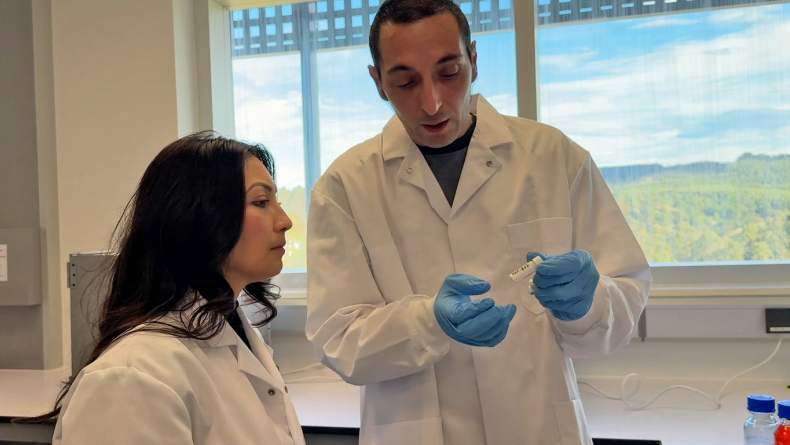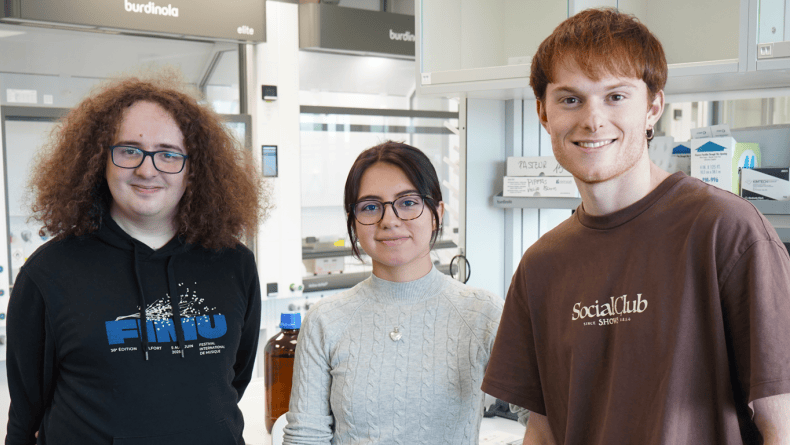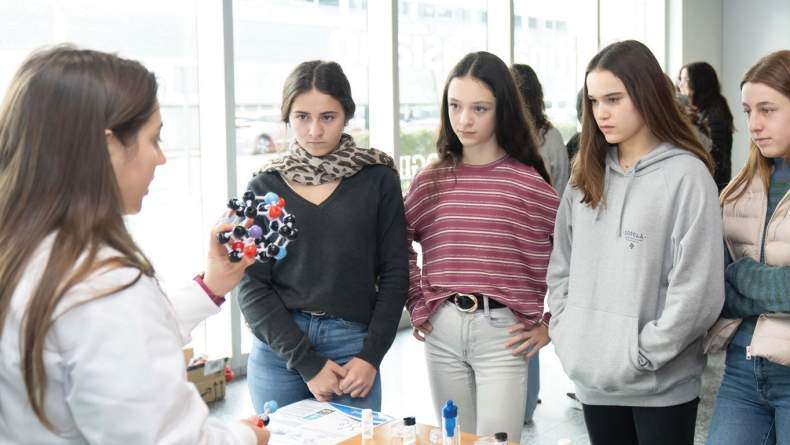The new project 4AIRCRAFT starts

4AIRCRAFT starts!!!
4AirCRAFT project will establish a game-changer technology for groundbreaking jet fuel synthesis by recycling carbon to meet net-zero targets through “defossilisation”.
Key to the process is the combination of highly efficient electro-, chemo- and bio- catalysts, which are selectively embedded within novel catalyst carriers, based on engineered hybrid scaffolds in a single cascade reactor, where the introduced CO2 is converted to high-density hydrocarbons.
Our hypothesis is that the synergetic coupling of specifically tailored catalysts in a hierarchic structured reactor would lead not only to an overall improved efficiency of the fuel production in comparison to conventional Fischer-Tropsch routes, but to a synergetic effect at the interphase of the different catalysts, which can allow to run the reactor at low temperatures without relevant yield decrease.
4AirCRAFT technology will produce sustainable jet fuel at low temperature, contributing to a circular economy and leading to a decrease in GHG and reduced dependence on fossil fuel-based resources.


Related news
Sara Martín and Stefano Lunghi Join BCMaterials as New Researchers
BCMaterials is pleased to welcome two new members to its research team: Sara Martín Iglesias, a postdoctoral researcher in the Active and Smart Materials research line, and Stefano Lunghi, a…Nanomaterials for Water Remediation and Valorization
Scientific staff at BCMaterials are developing next-generation nanomaterials combined with naturally sourced polymer membranes for water decontamination and reuse. These advanced materials not only…Three New Resarchers Join BCMaterials
The new year has brought BCMaterials the arrival of three new young scientists to our staff. They are the pre-doctoral researchers Karen Cano and Mikel Russo, along with the post-doctoral researcher…BCMaterials Activities at Emakumeak Zientzian (Women in Science)
This year marks the 10th anniversary of the Emakumeak Zientzian (Women in Science) initiative, which brings together more than 30 Basque organizations (universities, research centers, companies…) to…



